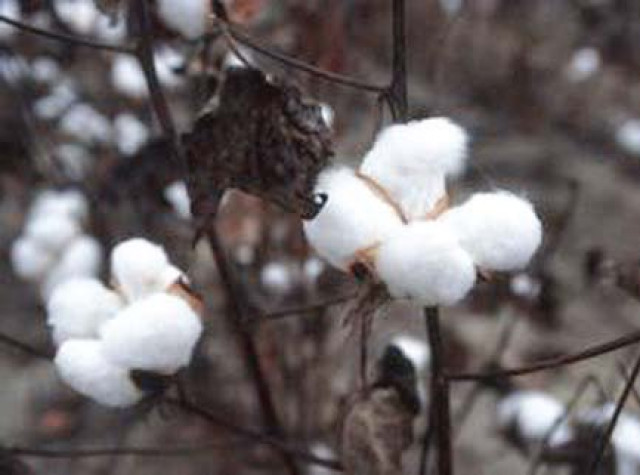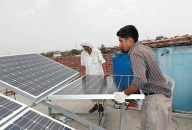Industry awaits SRO on 18% cotton import tax
Claims imports exceed domestic production for first time in history

The Pakistan Business Forum (PBF) has called on the Federal Board of Revenue (FBR) to immediately issue a Statutory Regulatory Order (SRO) for imposing 18% general sales tax (GST) on imported cotton, as outlined in the Finance Bill 2025.
In a statement, the PBF emphasised that despite clear announcement in the federal budget to tax the imported cotton, its implementation was pending due to the absence of the required SRO. "More than three weeks have passed since approval of the budget, yet the delay continues without any justifiable reason."
According to the PBF, credible reports indicate that certain influential interest groups are obstructing the issuance of the SRO. "The government must ensure transparency and move forward in the interest of local cotton growers and the economy," said PBF Chief Organiser Ahmad Jawad.
The forum cautioned that cotton imports had exceeded domestic production for the first time in Pakistan's history – a development that poses serious risks to sustainability of textile and agriculture sectors.
"The FBR must act urgently, keeping in view the seriousness of the issue and release the SRO without further delay," it said.
The forum disclosed that importers had already entered into agreements for 7.5 million bales of cotton from international markets. "After much effort, local cotton farmers finally achieved a level playing field through legislation. The time has come to translate that into action," Jawad said.
To reclaim Pakistan's status as a leading cotton-producing nation, he underlined the need for federal and provincial governments to launch a nationwide cotton revival programme. He recommended that the import of raw material, especially those impacting domestic industries, should be entirely excluded from the Export Facilitation Scheme.
The forum also expressed concern over the current state of cotton crops. According to the latest figures, Sindh's performance remains particularly troubling, with reported supply of only 152,650 bales so far this year, compared to 327,666 bales in the same period of last year – a decline of 53%.
In contrast, Punjab has shown relatively better results, with supply of 145,101 bales, reflecting a 27% rise over last year. Notable growth has been observed in several districts, including Khanewal (28,825 bales), Vehari (33,950 bales), Dera Ghazi Khan (19,397 bales) and Rajanpur (9,200 bales) – all recording improved yields.




















COMMENTS
Comments are moderated and generally will be posted if they are on-topic and not abusive.
For more information, please see our Comments FAQ